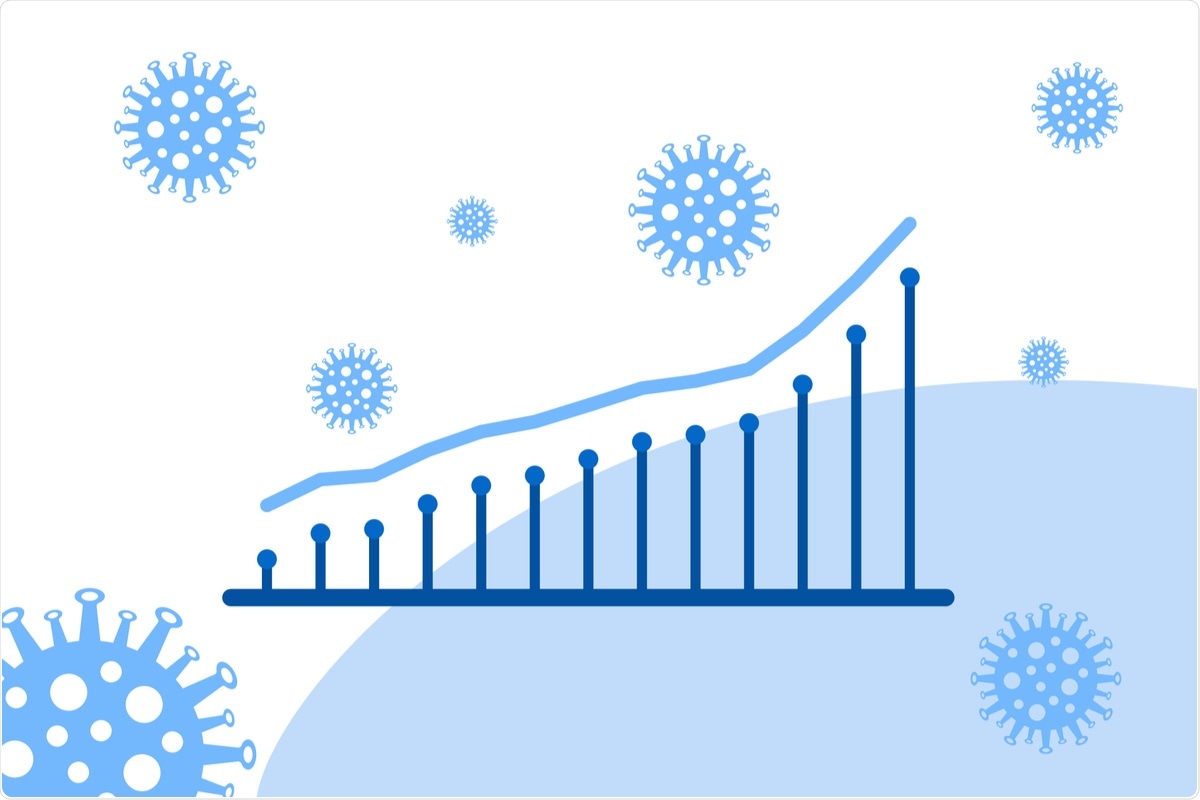While coronavirus disease 2019 (COVID-19) has killed over 4.9 million people, many still show reluctance to obey restrictions designed to prevent transmission or receive the vaccine. These behaviors can be driven by fake news, political beliefs, or misinformation surrounding the risk posed by the disease.
In a paper published in PLOS ONE, researchers from the University of Nevada have investigated the factors that can drive vaccine hesitancy and reluctance to obey anti-covid measures.
 Study: Invincibility threatens vaccination intentions during a pandemic. Image Credit: dynecreative/ Shutterstock
Study: Invincibility threatens vaccination intentions during a pandemic. Image Credit: dynecreative/ Shutterstock
The study
The researchers used a large-scale cross-cultural survey that assessed the relationship between the perceived threat of COVID-19 to an individual's health and belief in the importance of taking action to prevent the spread of COVID-19 to others. The willingness to receive a vaccine and perceived threat were also investigated. These factors were measured against 'cultural collectivism', how independent individuals saw themselves and how much they believed a community should support each other. Data was collected from a Beliefs, Behaviours and Norms Survey (BBNS) that was spread through Facebooks' Data for Good' program by the Massachusetts Institute of Technology.
The respondents were asked to reply to several questions using numerical scales to rate how serious they thought the problem was, how much they trusted vaccines, and several control questions. The researchers were primarily looking at the answers to the questions "How serious would it be if you became infected with COVID-19, "How important is it for you to take actions to prevent the spread of COVID-19 in your community?" and "If a vaccine against COVID-19 infection is available in the market, would you take it?". Control questions were asked about perceived personal health, age and education. The average country-level cultural collectivism was assessed through data from prior studies.
The researchers used random intercept linear mixed models to account for the nested nature of individual and country-level measures, modeling the relationship between feelings of invincibility and concern for the community and cultural collectivism's interaction on these factors. Perceived invincibility and cultural collectivism were the predictor variables, while prosocial concern was the dependent measure.
The researchers found that age, sex and education showed strong effects on prosocial concern, with elderly, educated or female participants more likely to worry about the spread of COVID-19 to other people in the community. Both cultural collectivism and perceived invincibility showed significant effects, with higher levels of perceived invincibility resulting in lower concern for the community.
However, if an individual lived in an area with higher cultural collectivism, they were significantly more likely to worry about the community, even if they did not perceive the threat as much of a threat to themselves. The opposite was true in countries with low cultural collectivism, with concern for the community, especially low in individuals with perceived invincibility.
Once again, age, sex, and education showed strong effects on vaccination intention, with older and more educated individuals more likely to receive the vaccine. However, this figure may have been skewed by pregnant women, as there was no testing and little guidance for pregnant women and vaccines for a long time. Perceived invincibility also showed a strong effect, with those perceiving less risk from the virus less willing to be vaccinated. Cultural collectivism had no significant effect.
Limitations
The study does have some issues. Cultural collectivism is difficult to measure, and gathering the information on the country level rather than the individual level significantly weakens the study. As well as this, the researchers categorized individuals who indicated that they would consider infection with COVID-19' somewhat serious' as 'medium' for perceived invincibility. Depending on personal health, the risk for infection with COVID-19 varies. It is not consistent to label those who acknowledge a level of threat as individuals who do not think the disease can hurt them – the survey's design limits the significance of the results.
Conclusion
The authors highlight the importance of their results in helping to understand the drivers behind behavior that may lengthen the pandemic and risk increasing transmission. The results strongly suggest that those who do not feel threatened by COVID-19 will not attempt to change their behavior to curtail its transmission unless there is a strong sense of community. These individuals are also less likely to receive a vaccine no matter the sense of community. These results could be valuable in helping to inform public health policymakers and may identify new methods of encouraging vaccines to take up and obedience to measures designed to reduce transmission.